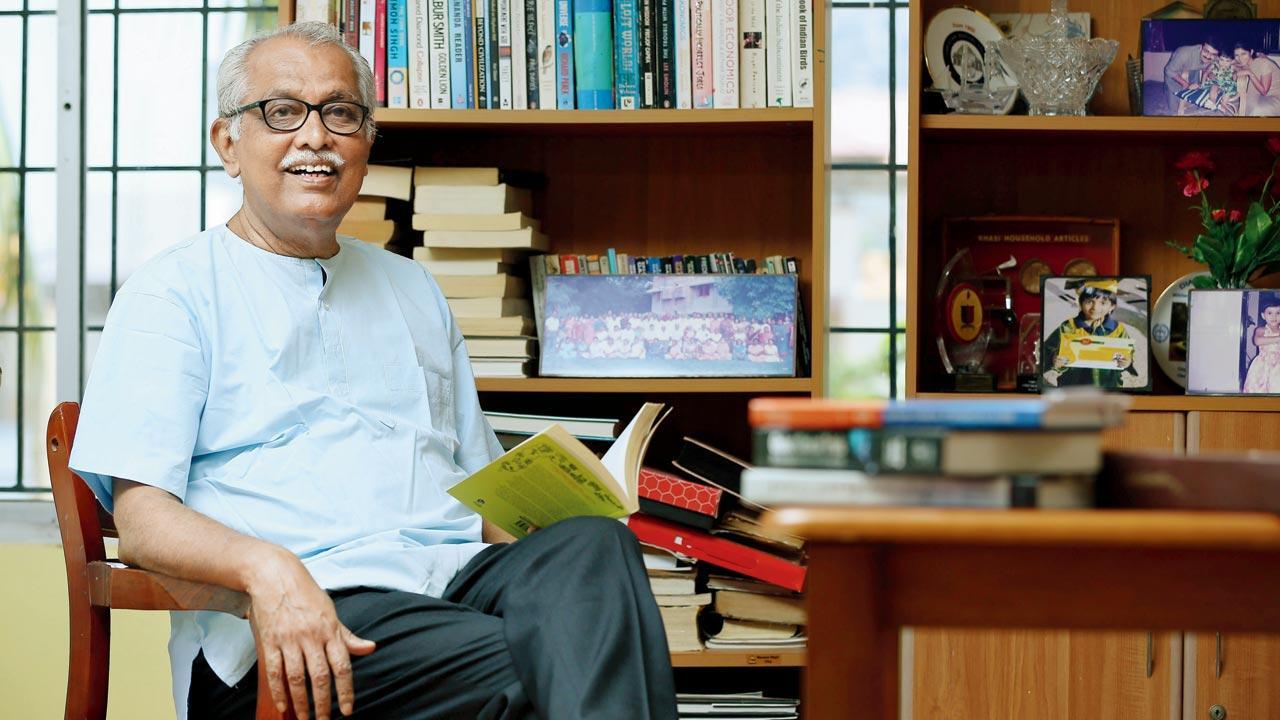Dr Jayaprakash Muliyil, epidemiologist behind India’s first Sero survey, makes it to our list of 20 faces who defied fear and disease to follow their heart or duty and emerge 'the first'

Pic Courtesy/Mahesh Ravindran
Epidemiologist Behind India’s First Sero Survey
ADVERTISEMENT
Dr Jayaprakash Muliyil, 74
Former principal, Christian Medical College (CMC), Vellore
Last year, around this time, there was a bit of a discord in how we were hoping to tackle the virus; the official strategy was to prevent the disease from spreading, but it was practically impossible to do so. For a disease to be controlled in that manner, each family has to be isolated for a lengthy period of time and, in the Indian scenario, we just can’t. By April 15, we knew that the hope of containing the disease was simply wishful thinking. The infection had to spread.
Sero Surveys are an estimate [usually an underestimate] of the proportion of people who have been infected. The data collected gave us a clue that there was spread going on between 0.7 to 7 per cent. A large number of educated, well-to-do people, had carefully avoided the disease by taking all the precautions. At one point, it started coming down in most states. The point is, how long can you continue doing this?
I believe that the current rising numbers should not worry us, because there are hardly any reinfections. There is an expected rate at which variants emerge but that doesn’t mean we have a new disease on hand. Somewhere down the line, it’s possible to get a whole new variant, which behaves completely different from this one, and may even result in reinfections. Based on our study, it may happen in one or two decades.
Epidemiologists make calculations based on past experience. For instance, [right now] the influenza virus is a more changeable one than COVID-19; the latter is far more stable. The good part is that there’s no change in mortality rates. It’s important to start a new narrative—the vaccine is safe. Continue following precautions. We can then laugh at the virus.
 Subscribe today by clicking the link and stay updated with the latest news!" Click here!
Subscribe today by clicking the link and stay updated with the latest news!" Click here!






